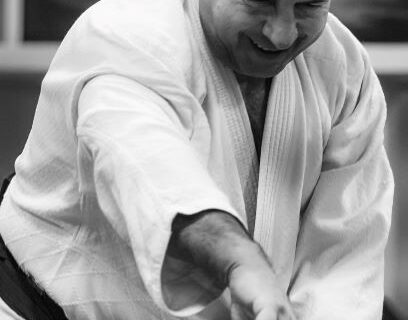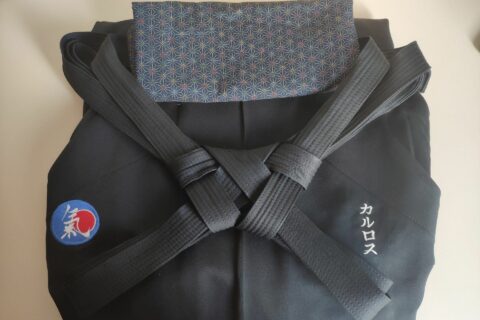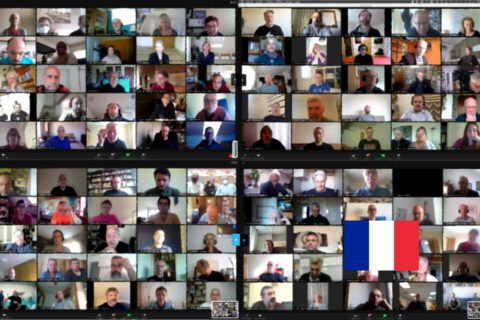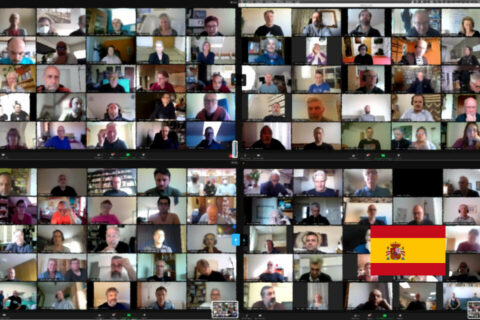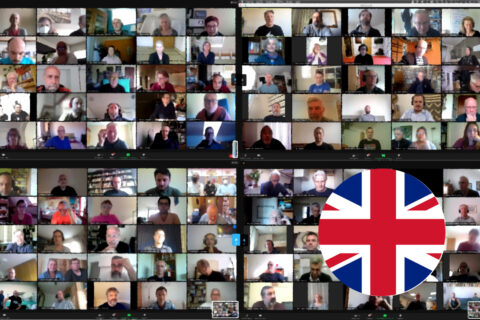I think my love for 70s hard rock is well known (and documented), because of this insane passion of mine Beppe used to call me “Led Zeppelin” and in his very peculiar funny and loving way he labeled my Aikido as Psychedelic. I still have no idea of what he was meaning back then but nevertheless I’m very proud of both the label and of our predilection for the same kind of energetic and raw music.
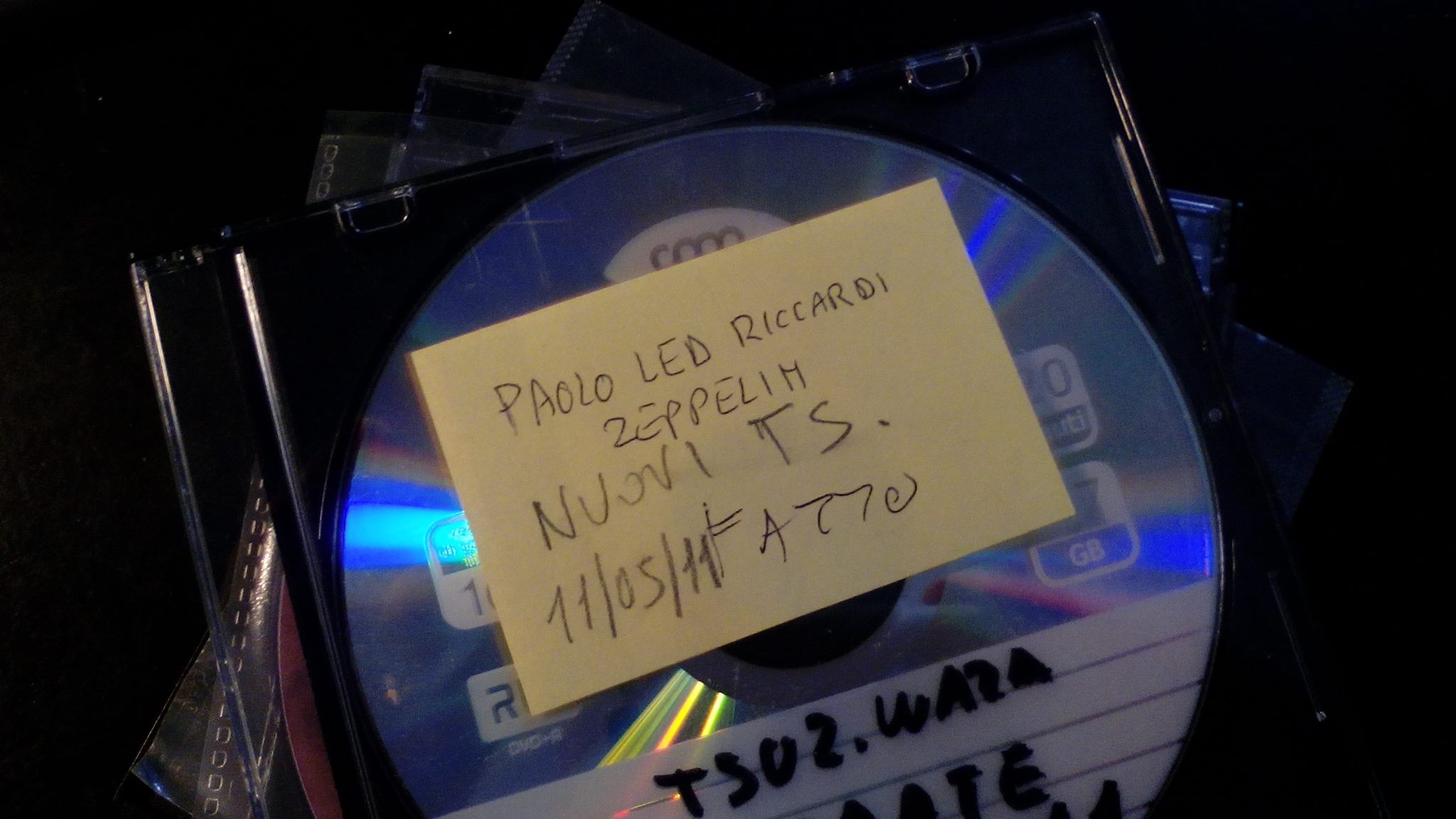
As any true 70’s music lover knows, there would have been no Led Zeppelin without The Who. Their debut album was “My Generation” (Brunswick Records 1965) and it was something completely new in the musical panorama back in the days. Just to give an idea Freak out (Frank Zappa) and Fresh Cream (Cream) were both released in 1966 while the debut album of giants such as The doors, Jimi Hendrix, Pink Floyd, David Bowie, Steppenwolf and Traffic (just to mention a few) were all released in 1967. To finally see Led Zeppelin debut album one had to wait until 1969.
The Who had a huge impact on one of the deepest mutation in modern music history and My Generation became a raised flag for all the youngsters going under that transformation phase.
And it’s just about generational change that I wanted to speak, taking a cue from the seminar in Sesto Fiorentino, near Firenze, on 22th and 23th of February led by our Doshu.
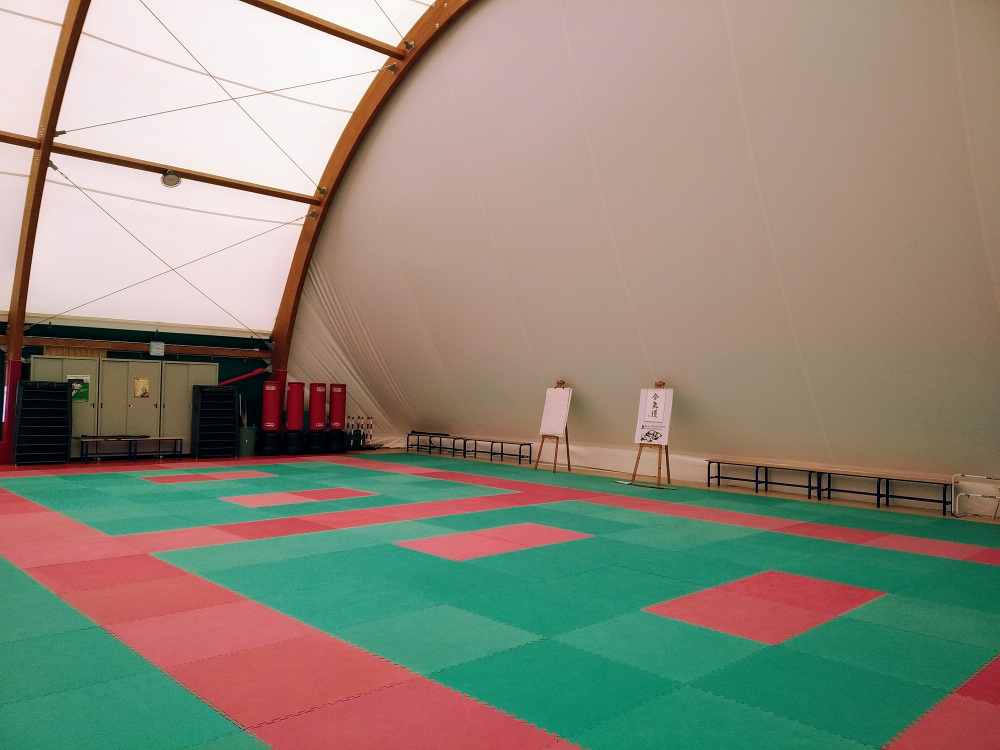
I think inside our very peculiar Aikido there’s always been astrong element of innovation, I’ve always been fascinated by the intense focus that our Doshu puts in the evolution of Aikido as a form of living Art that naturally evolves and changes instead of being a relic to keep under glass.
It seems that the importance of understanding our past in order to create a better future is important more than ever in the last couple of years, for example during Velebit Seminar, Sensei told this anecdote of a young samurai put in charge for the building of an acqueduct by an older samurai.
Even during this seminar Sensei returned to the topic in his own personal way that I’ll try to recall and summarize it the best I can.
Science is usually used to tell (and measure ed.) what’s unsafe or generally bad for people, what we hear very often is “science says it’s not unhealthy” as a reason to imply that something is actually good for people. To tell what’s good we usually refers to tradition, which is an established practice that we keep (and evolve ed.) for may years, possibly centuries, like good food or good wine making.
However Aikido is not old enough to have a proper tradition of itself, unlike samurai combat techniques which are centuries old but they come with a different purpose too, basically to kill or incapacitate other people. But Aikido beyond being “younger” has a completely different purpose and so it is still developing. In order to carry on the evolutionary process Sensei’s intent is to help young generations of Aikidoka to create a new Aikido which may be a positive evolution and an improvement as an Art of Life.

Personally I think this is a fantastic declaration of intent, not just because I may feel (more or less) part of a new Generation from the anagraphic point of view, but most of all because, broadly speaking, what my generation has always missed is a clear and honest vision of the future to change and improve the present, expecially from older generations.
We live in a world that is in deep and continuous change and it would be a tremendous mistake to consider the present as an everlasting and immutable canvas doomed to repeat itself over and over again. Tomorrow will be very different from today indeed and this feeling of precariousness, or to put it better this feeling of transformation, is well known expecially among my generation (I was born in 1983), maybe because we were the first to arrive nearby its brink.
To be clear, I’m not endorsing an iconoclastic refuse of those who come before us, on the contrary, we are all standing on the shoulders of giants and it’s necessary to remember always where we came from. On the other hand it’s paramount to aim for new targets, to go different ways from our predecessors. In other words, it’s important, expecially for people that haven’t done it yet (presumably younger ones), to find their own way, their own do or if you prefer their own michi, to recall one of our last year popular reports (in italian).
To put it, rather freely, in Mahler’s words “Tradition is not the worship of ashes, but the preservation of fire” and in order to burn, fire needs to be fed and to breathe. Now it’s up to all people of good will to find new ways to make the flame burn and to contribute in their own way to create a little bit of that tradition, our tradition.
We cannot back down.
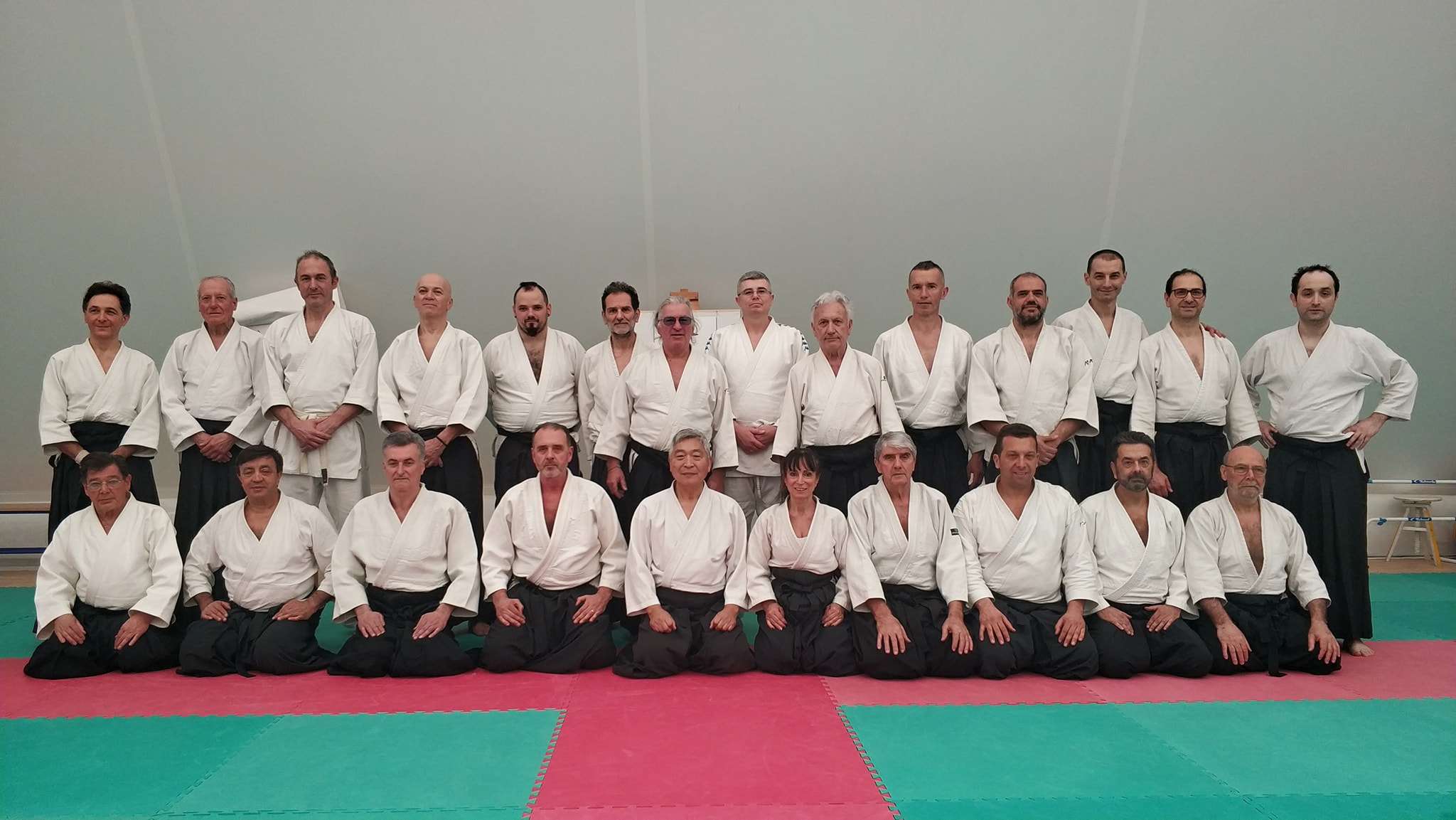
Original version of this report in Italian
